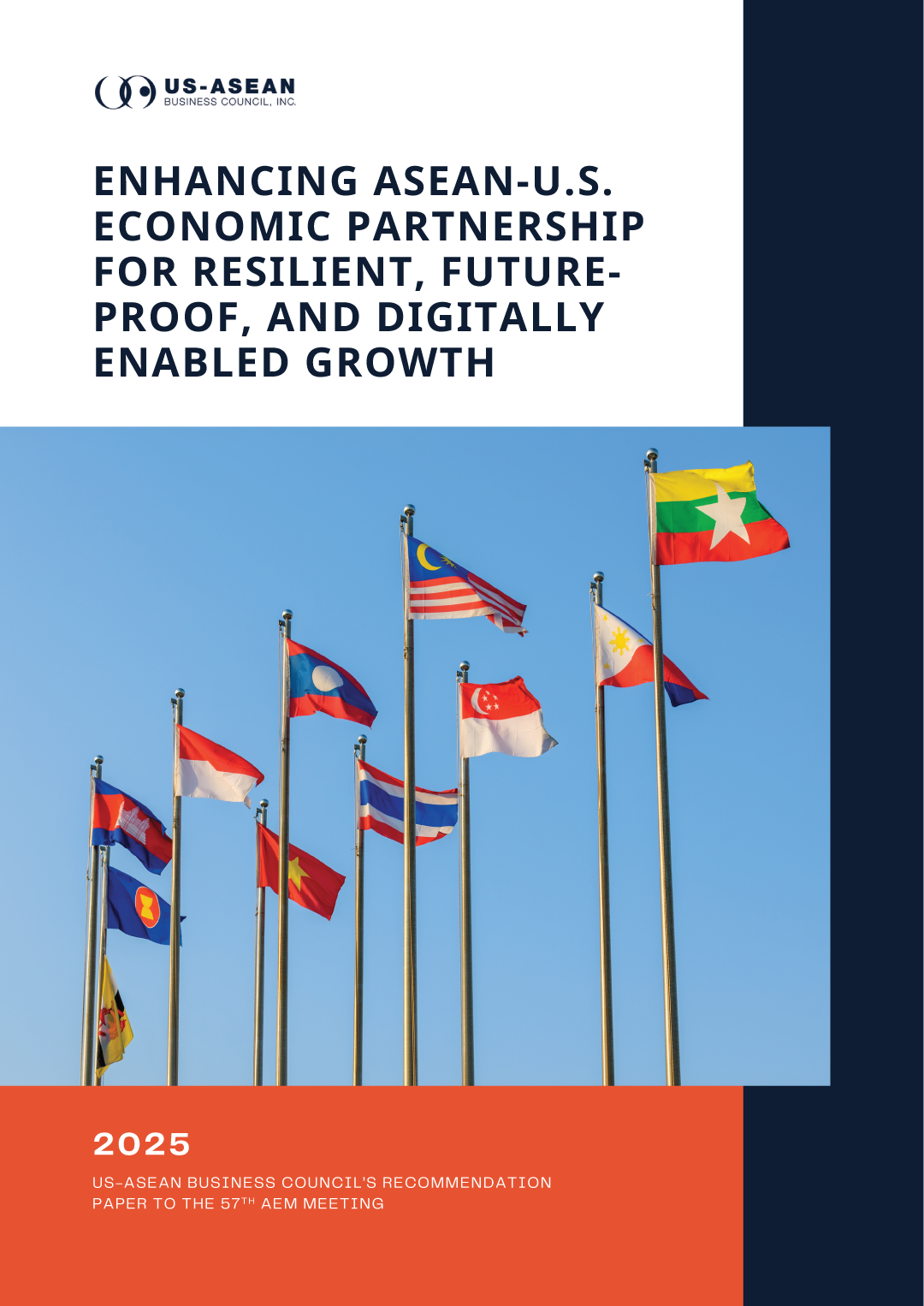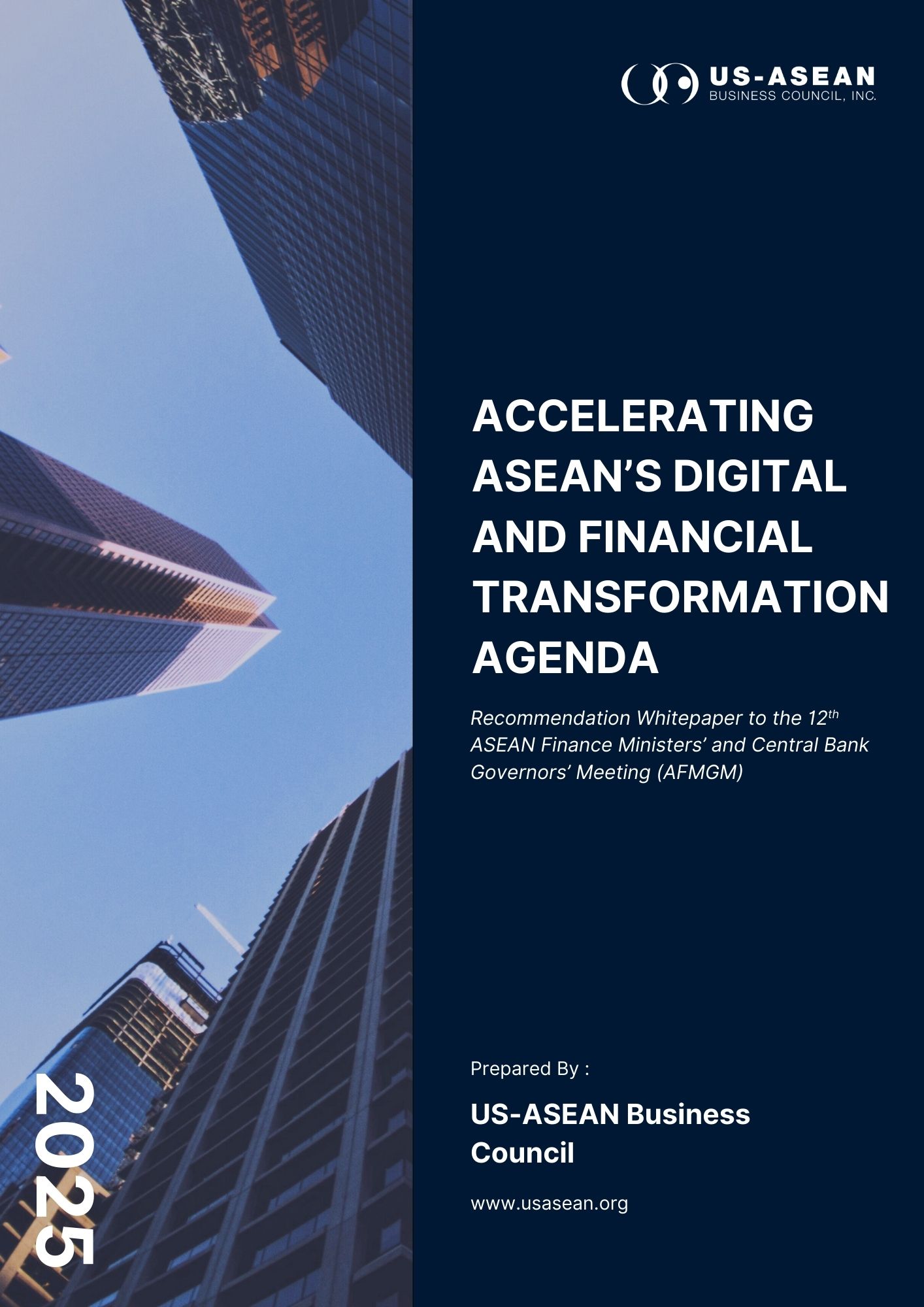Congress Approves Sovereign Wealth Fund

On May 31st Congress approved the Maharlika Investment Fund Act of 2023, with the House of Representatives adopting the senate version of the bill (SB 2020), which was passed in the Senate with 19 affirmative votes, 1 negative vote, and 1 abstention. When enacted the Philippines’ first-ever sovereign wealth fund aims to "generate income for the government and help promote economic development” through a wide range of assets including foreign currencies, fixed-income instruments, domestic and foreign corporate bonds, commercial real estate, and infrastructure projects. The fund is designed to optimize national funds by generating returns to support the administration’s economic goals under the Medium-Term Fiscal Framework (MTFF), the 8-point socioeconomic agenda, and the Philippine Development Plan (PDP) 2023 to 2028. The Department of Budget and Management (DBM) has said that the MIF will free up the government’s fiscal space as the burden of borrowing to fund infrastructure projects will be unloaded to the sovereign wealth fund. The national government currently operates on a fiscal deficit.
President Marcos assured the public that government will not use state pension funds as seed money for the MIF; however, he mentioned that state insurers could not be prevented from investing in the fund. The approved version of the legislation adopts stiffer safeguards and bans pensions funds such as the Social Security System (SSS), Government Service Insurance System, Philippine Health Insurance Corp. (GSIS), Home Development Mutual Fund (Pag-Ibig), Overseas Workers Welfare Administration (OWWA), from financing the MIF.
While proponents of the bill maintain the stance that the MIF will aid fiscal and economic growth and will be beneficial to the public, some lawmakers from the opposition expressed their concerns, citing that the measure was ill-timed and its swift passage had political undercurrents. Despite reassurances that the MIC will have guardrails to ensure transparency and accountability, worries regarding the mismanagement of the fund remain.
Finance Secretary Benjamin Diokno expressed optimism that the MIF will be operational before the end of the year. A government-owned corporate body, the Maharlika Investment Corporation (MIC), will be set up to manage the funds with an authorized capital stock of PHP 500 billion and an initial stock of PHP 125 million: PHP 50 billion from the Land Bank of the Philippines (LBP), PHP 25 billion from the Development Bank of the Philippines (DBP), and PHP 50 billion from the National Government. President Marcos now needs to sign the Act into law and the implementing rules and regulations (IRR) will need to be prepared soon after.






